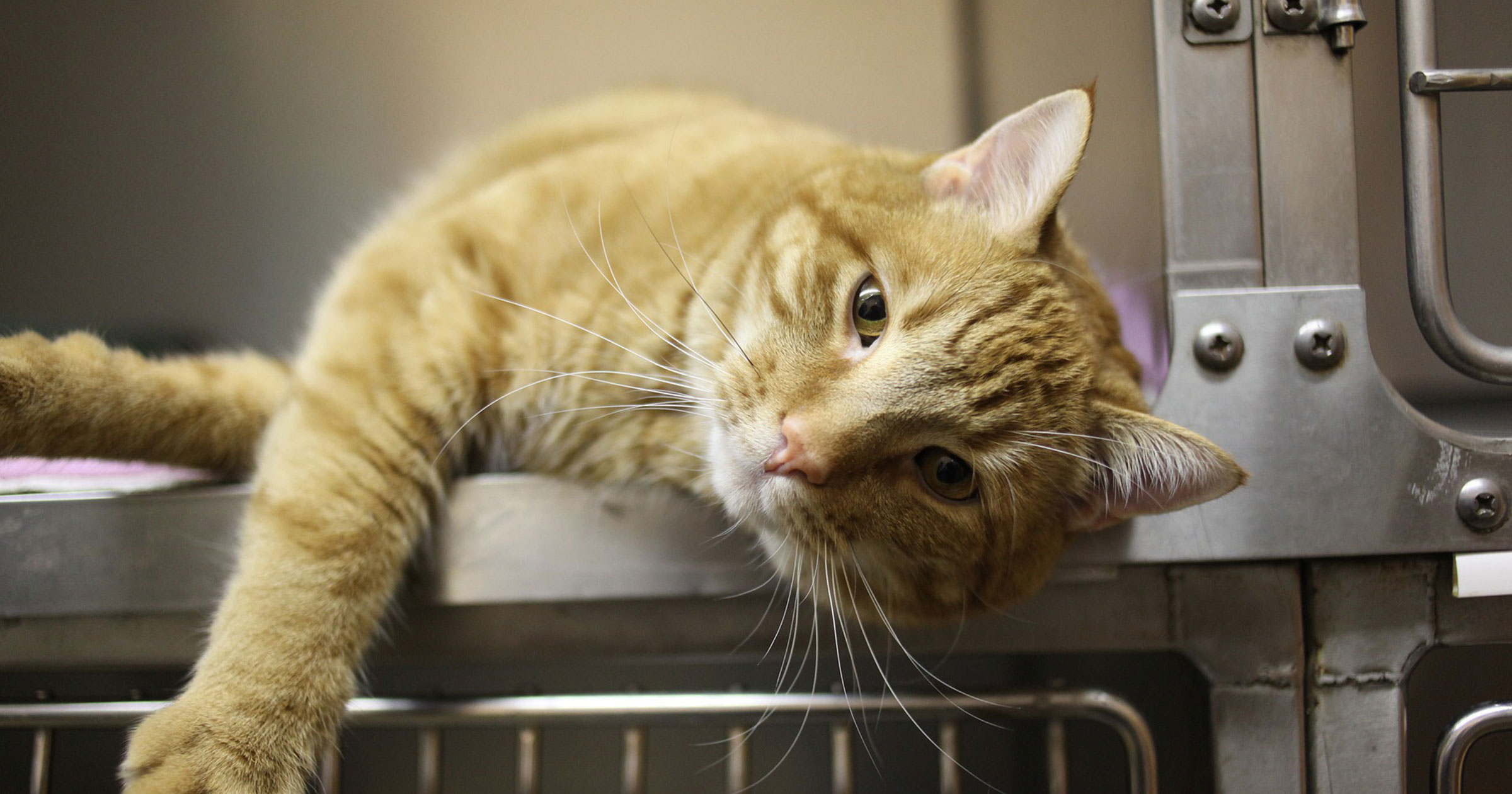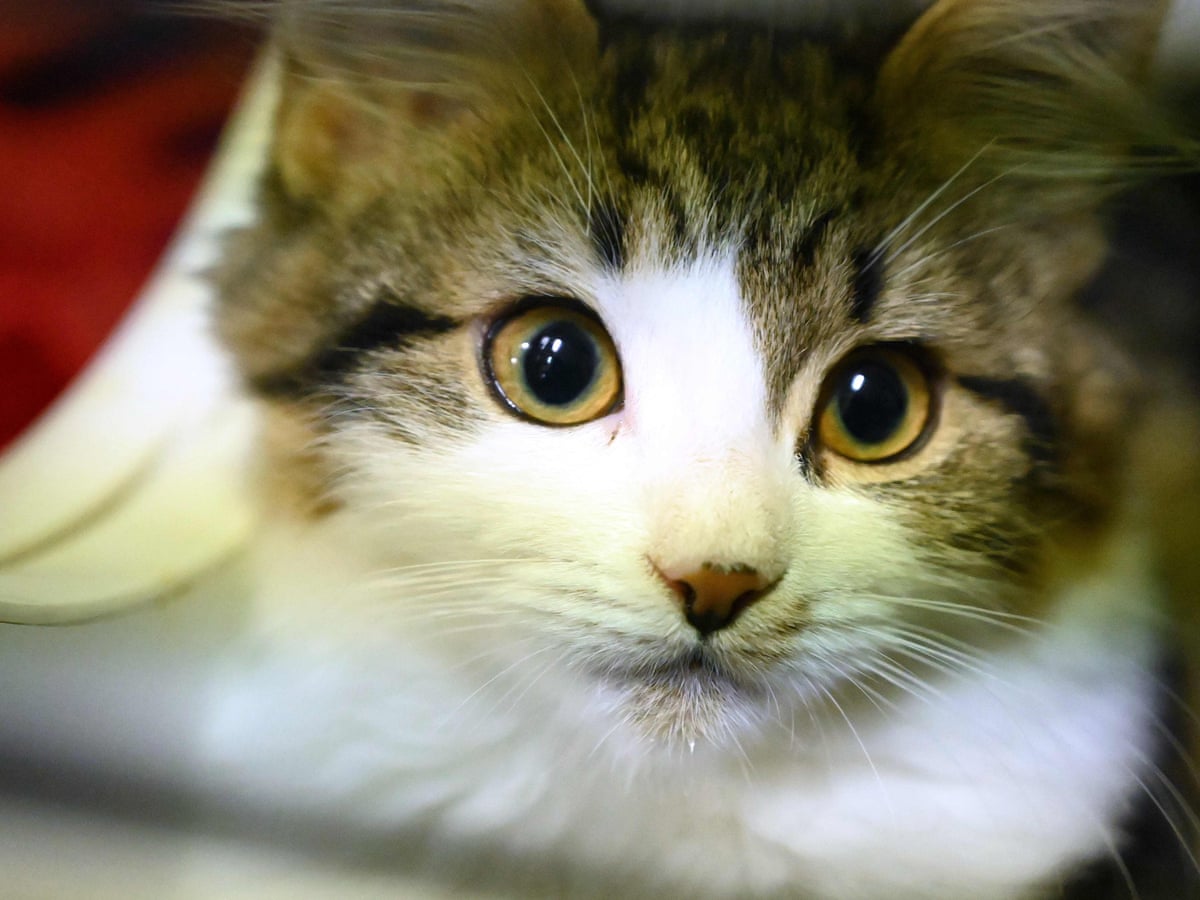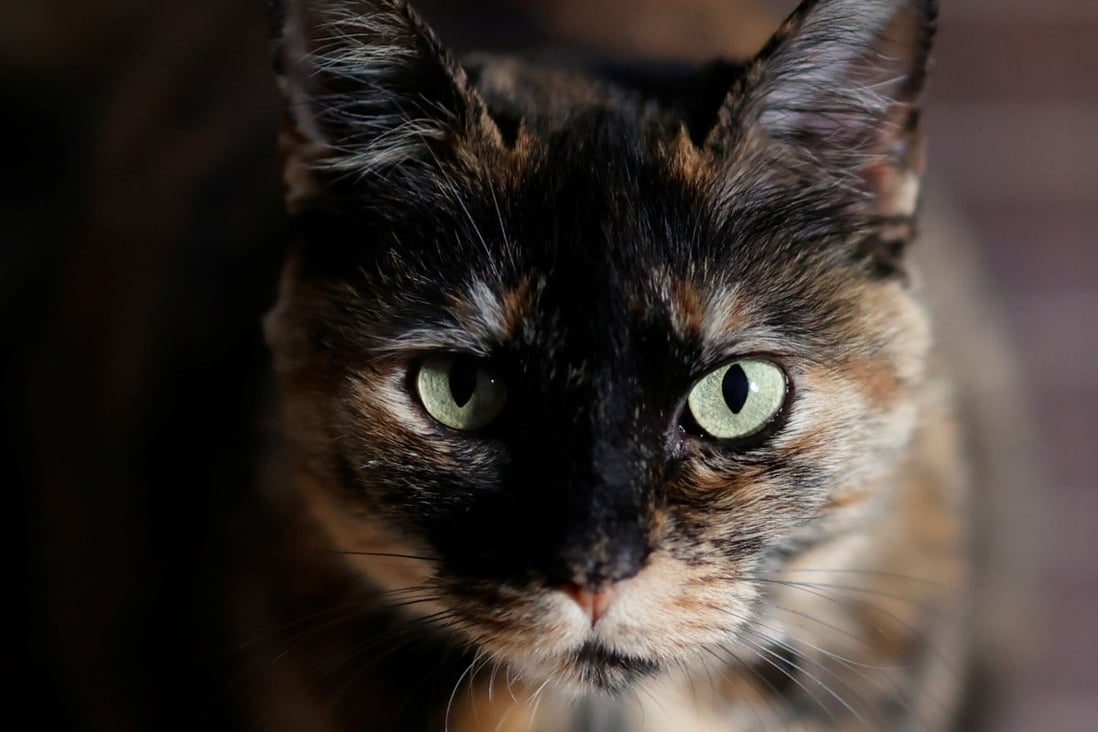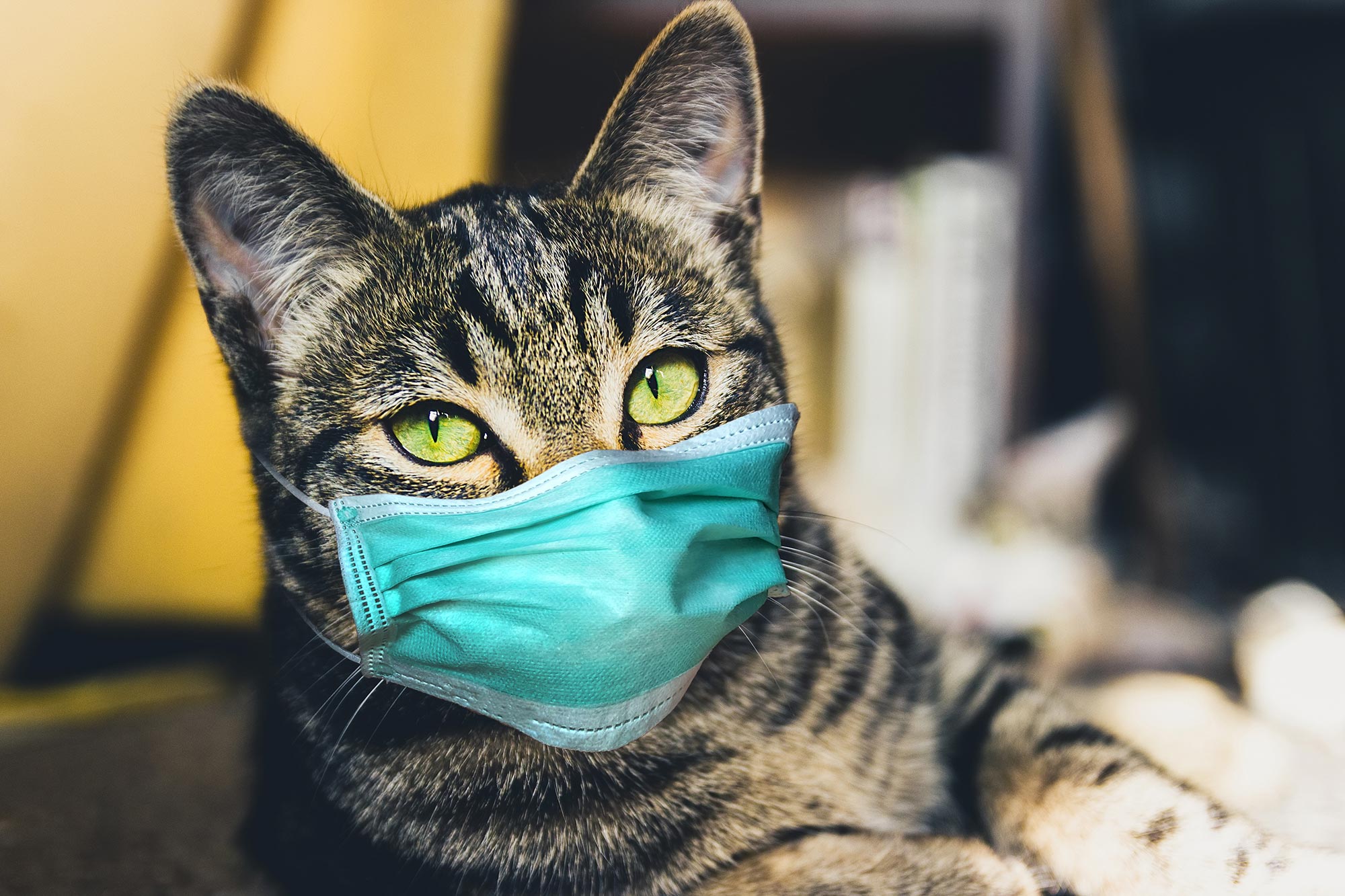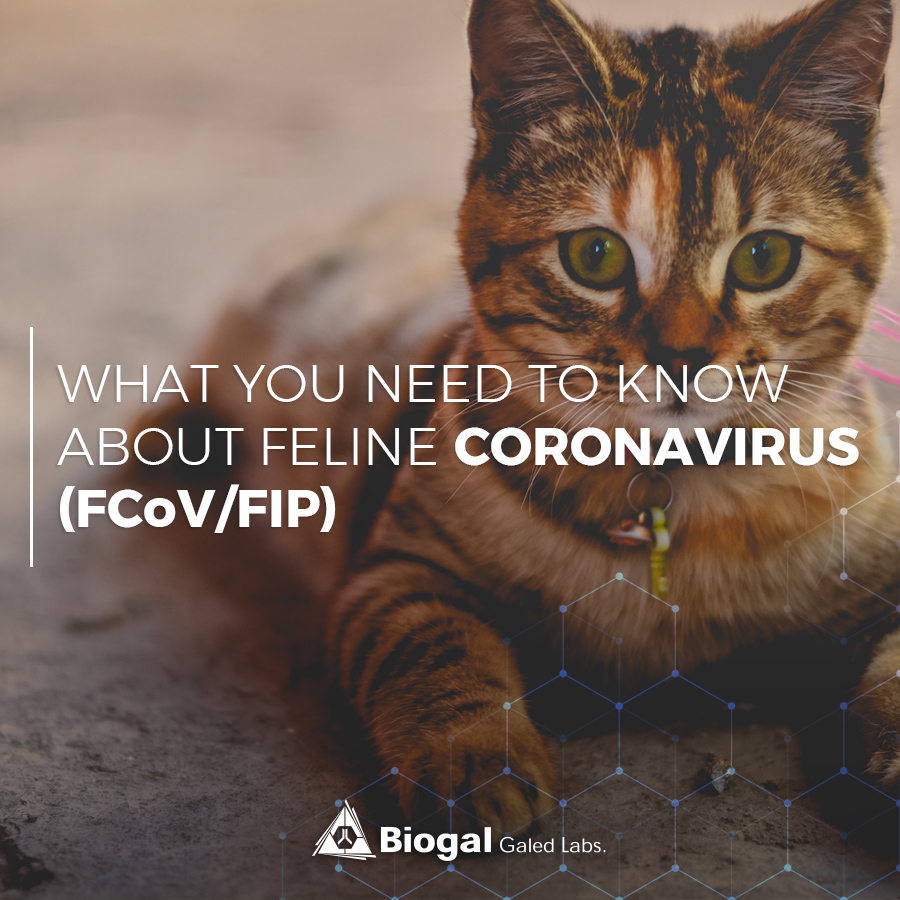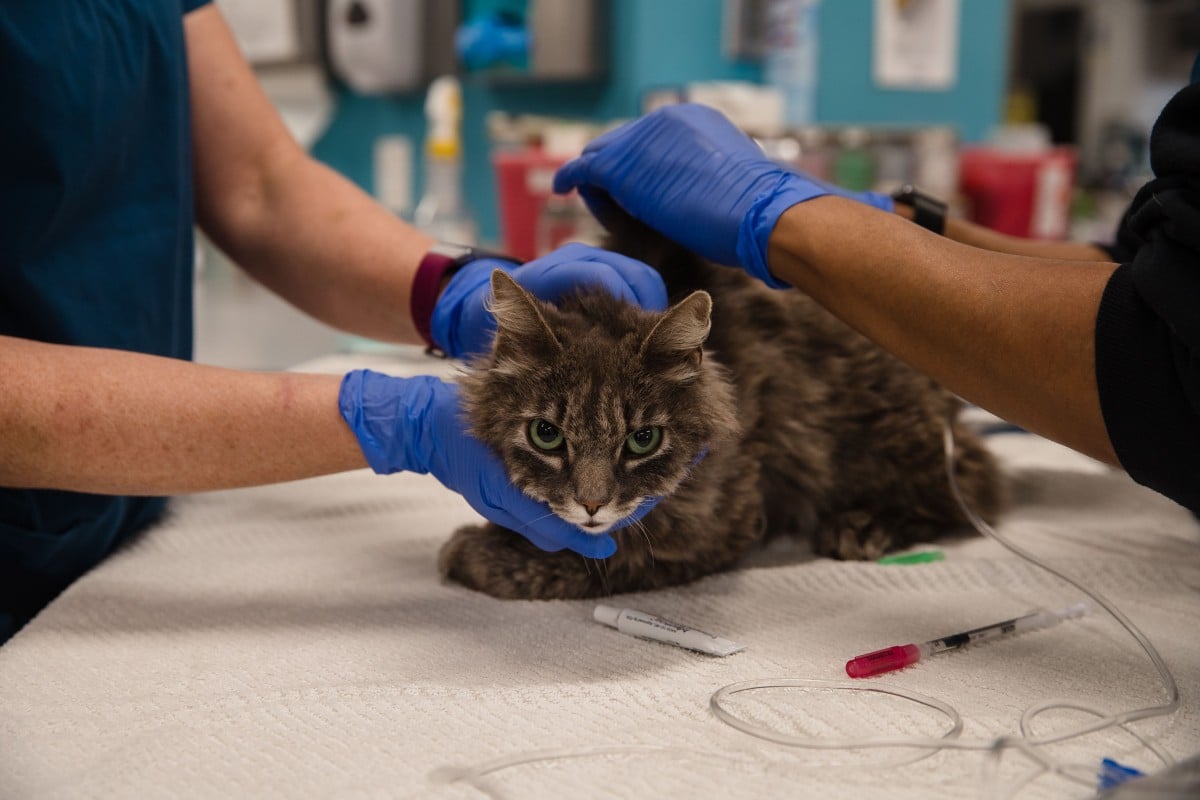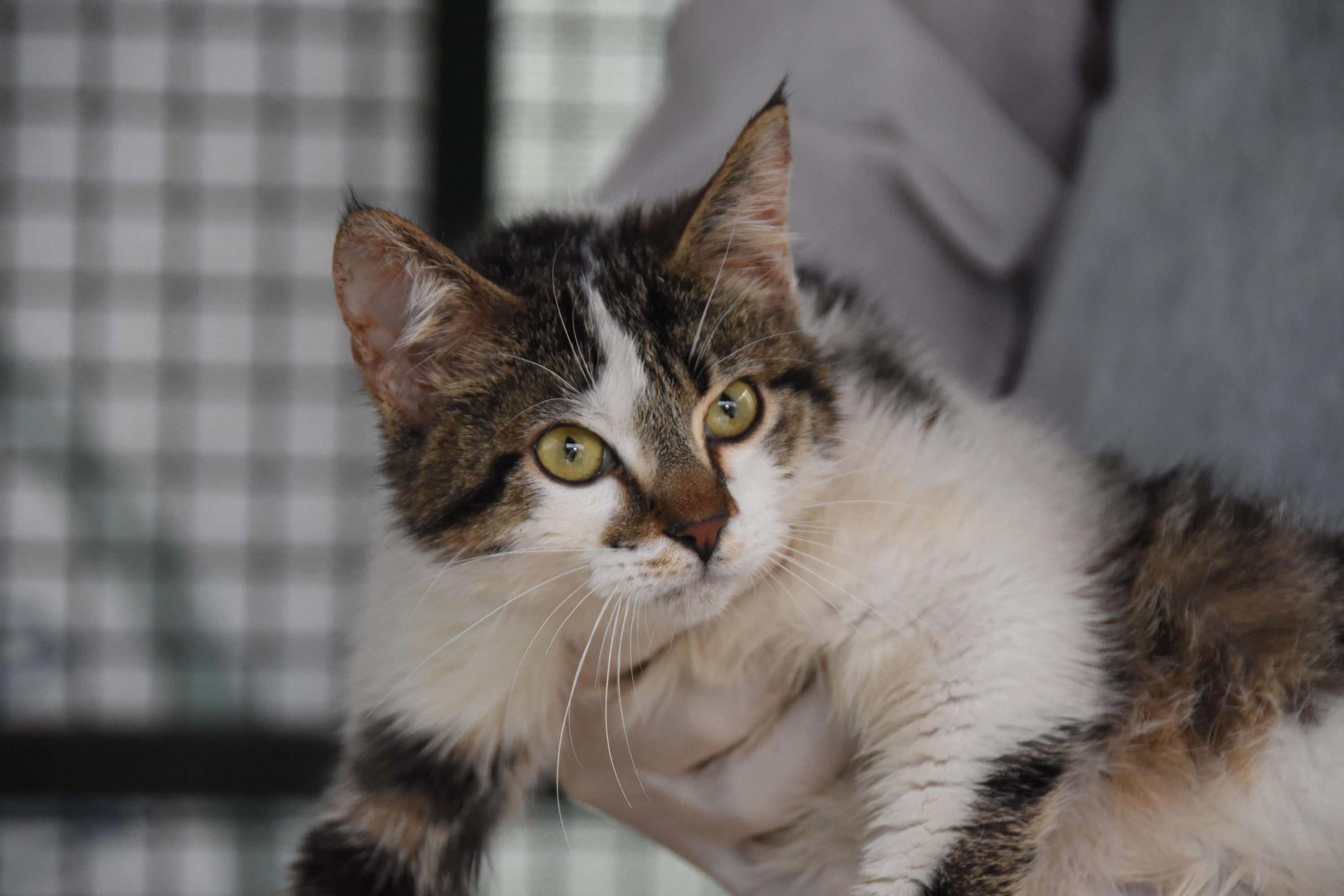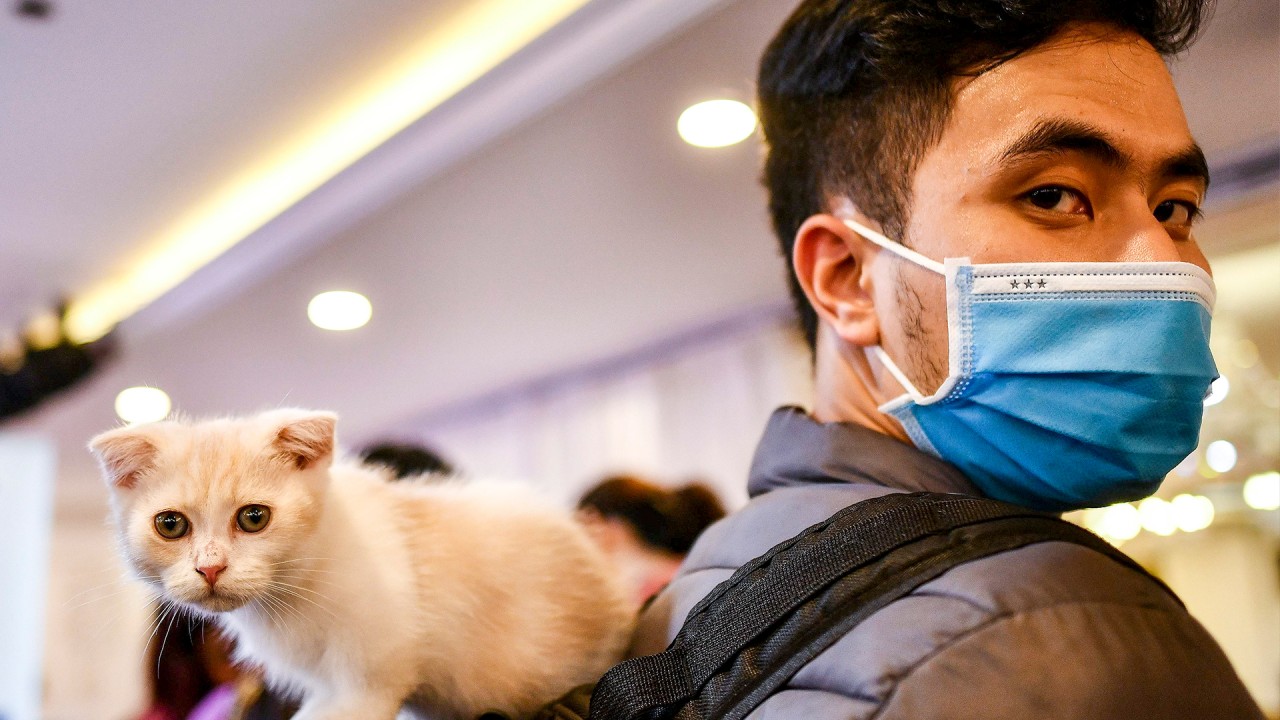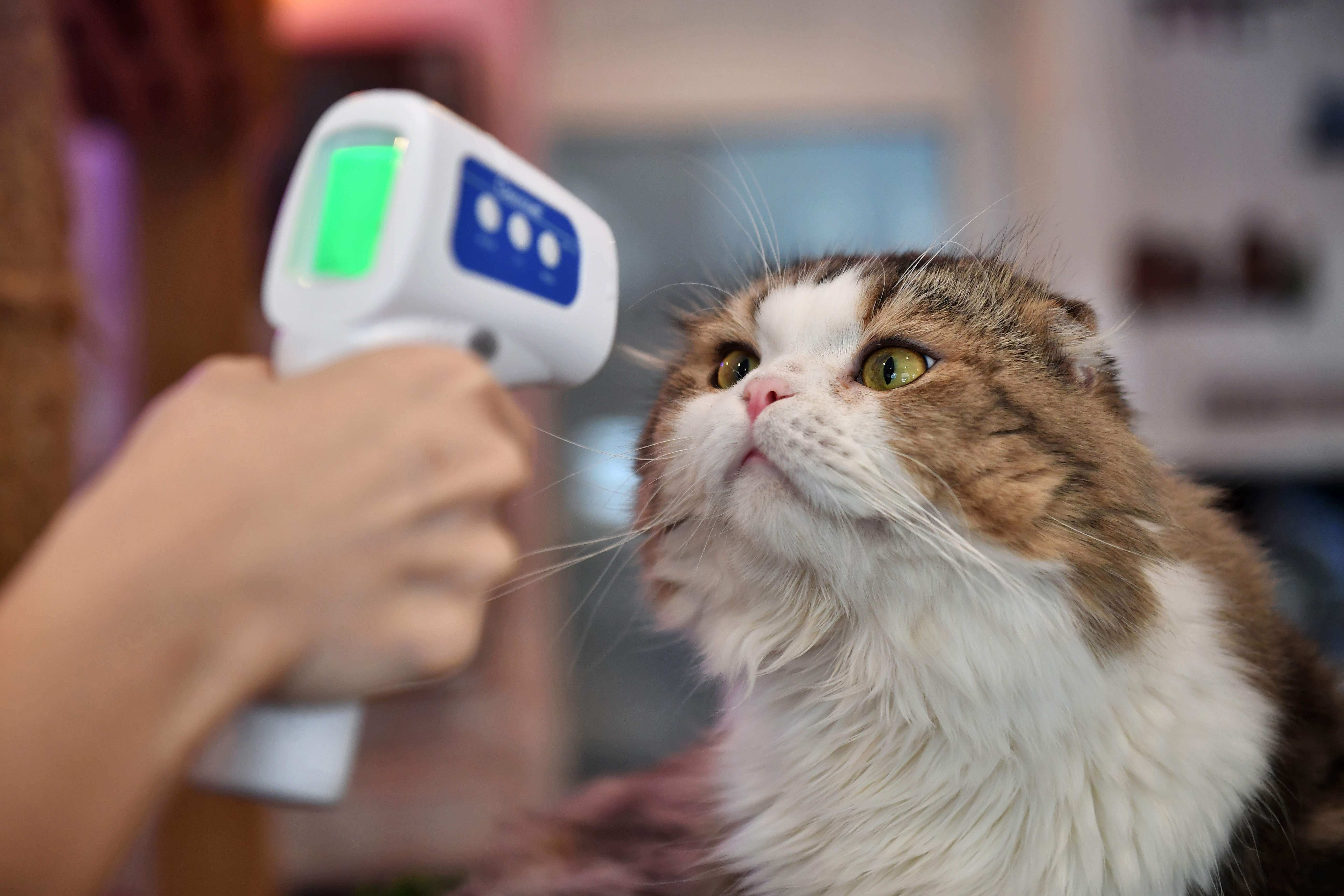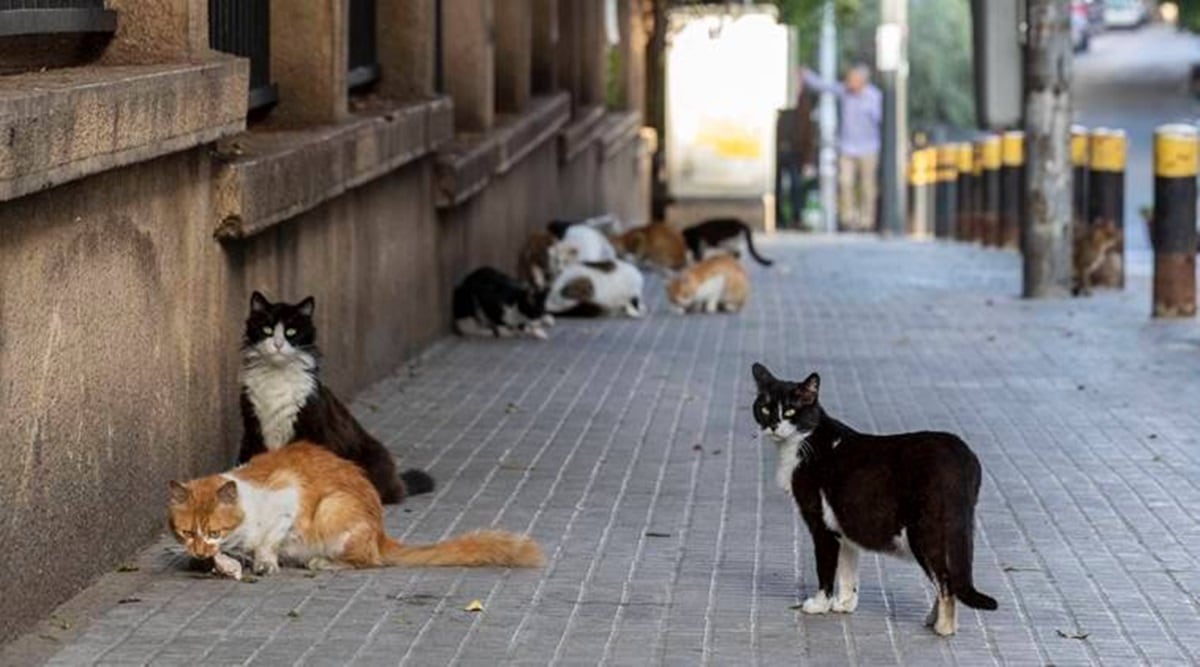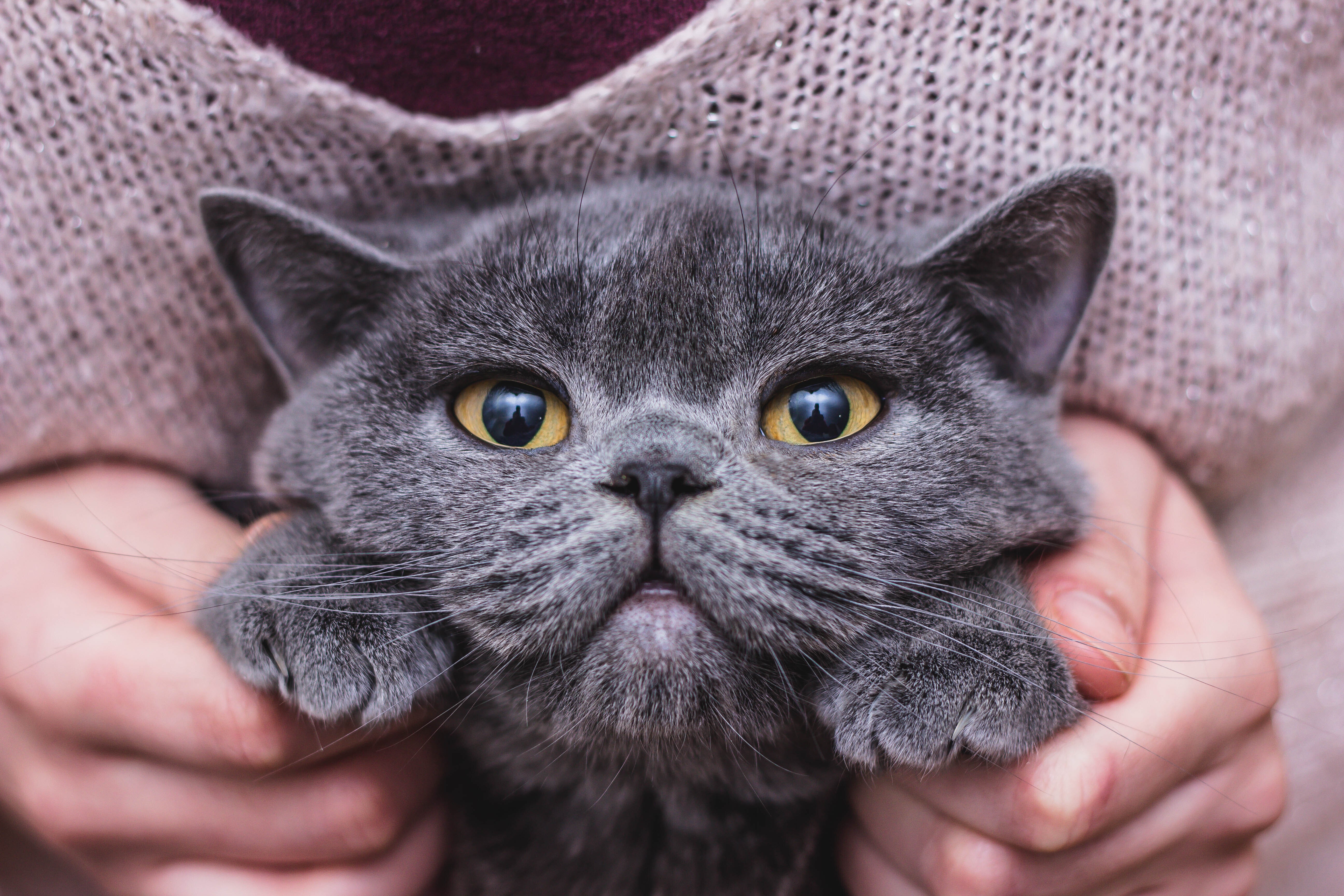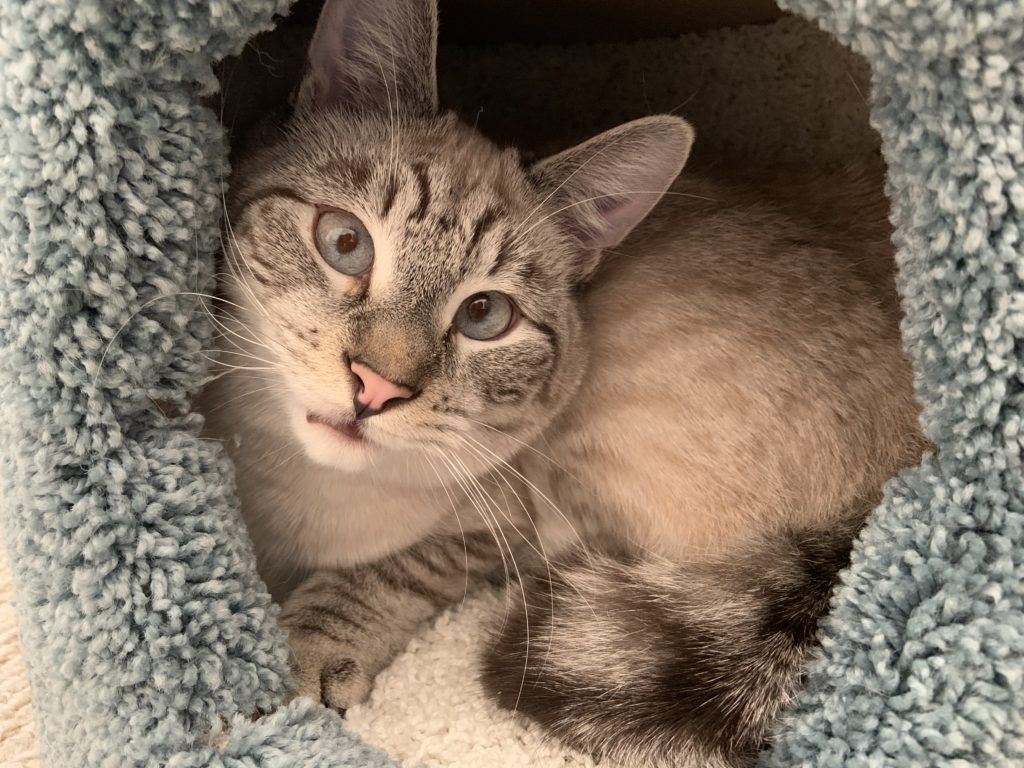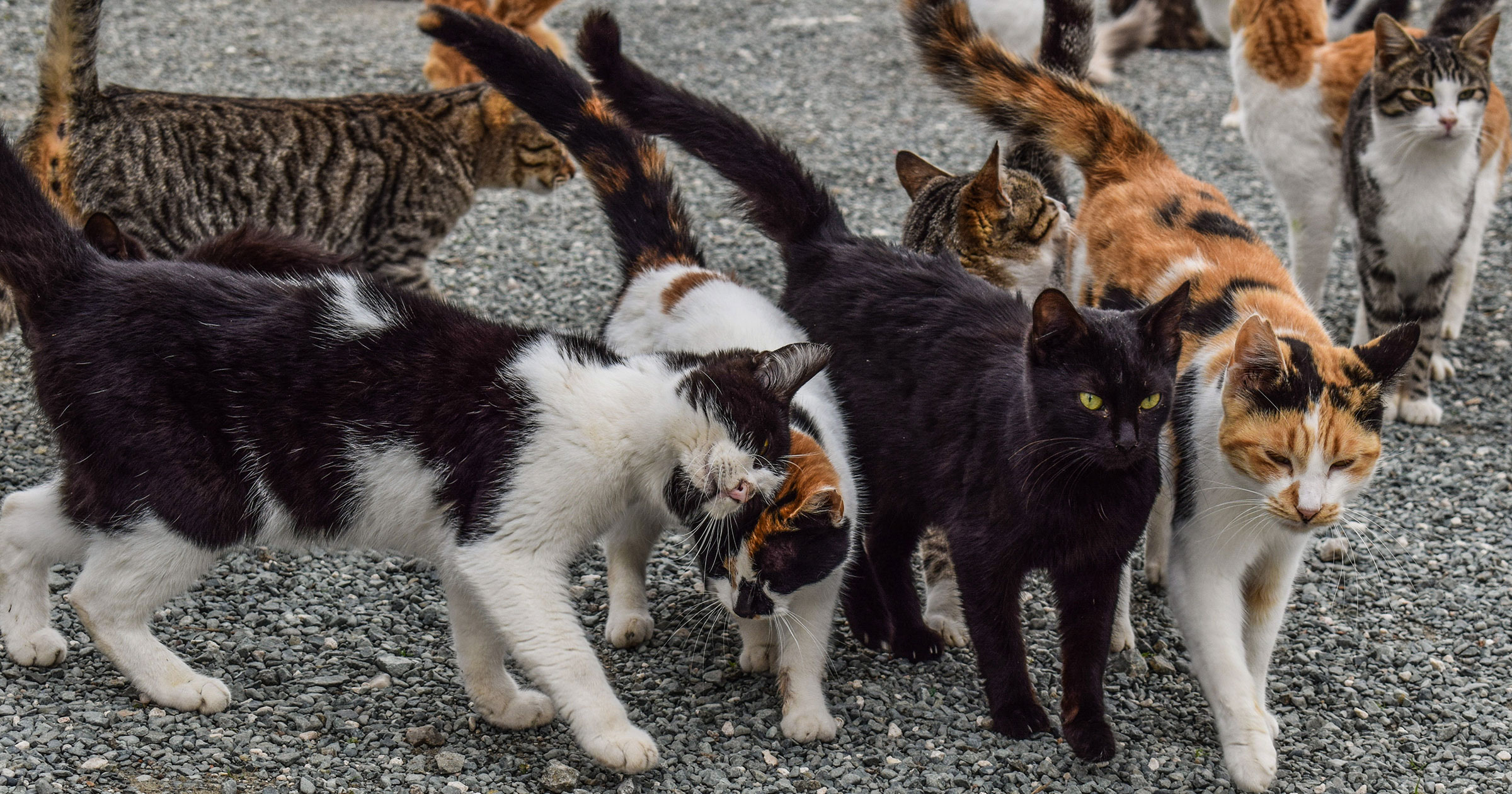Cats And Coronavirus Symptoms
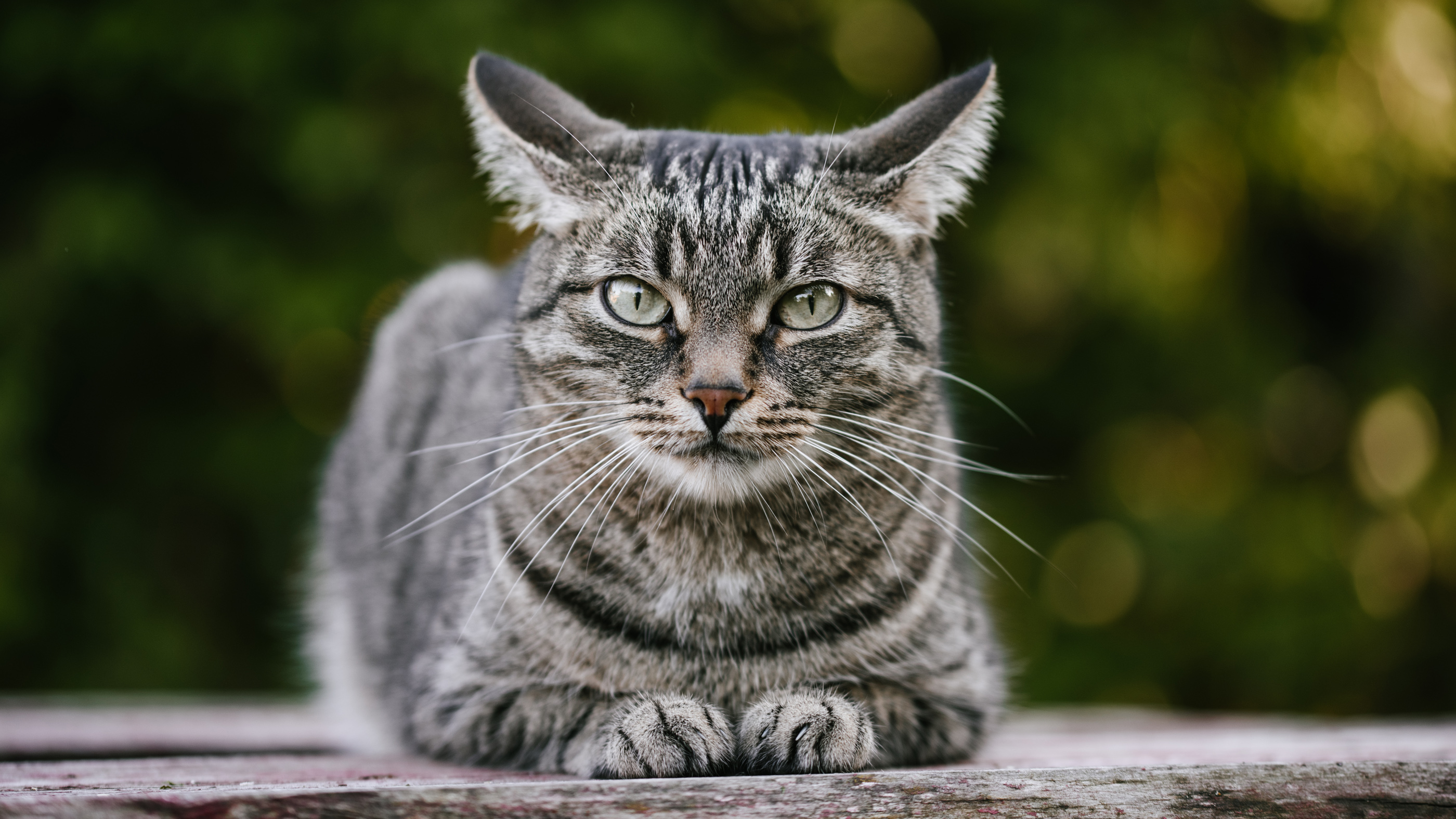
If your pet is experiencing respiratory symptoms or other nonspecific symptoms such as lethargy or not wanting to eat or drink then contact your veterinarian for further guidance.
Cats and coronavirus symptoms. Feline Coronavirus FCoV is a common viral infection in cats. As yet poorly understood changes in the virus can give rise to mutants that lead to the development of feline infectious peritonitis FIP. What effect does COVID-19 have on cats.
Symptoms of coronavirus in cats. Feline Coronavirus FCoV and Feline Infectious Peritonitis FIP VETERINARY GUIDE 10. Investigators are still unsure of the routes by which strains of coronavirus are transmitted between cats.
Both had mild respiratory symptoms and are expected to. Most of these animals became infected after contact with people with COVID-19 including owners caretakers or others who were in close contact. FCoV is a common and contagious virus which is passed in the faeces of cats.
Can FIP be. The first signs of illness following infection from the feline infectious peritonitis virus can show after just a few days or only several months later. In some cases cats will also have excessive thirst and urination vomiting weight loss and jaundice.
This form often causes the cat to have seizures and move in an abnormal or uncoordinated way. The animals had no or mild symptoms. If possible keep your cat indoors if they are happy to be kept indoors.
The severity of disease caused SARS-CoV-2 infection in cats is unclear. Cats appear to be at least mildly susceptible to COVID-19. As of late July a total of 97 cats in the United States have tested positive for the virus.

